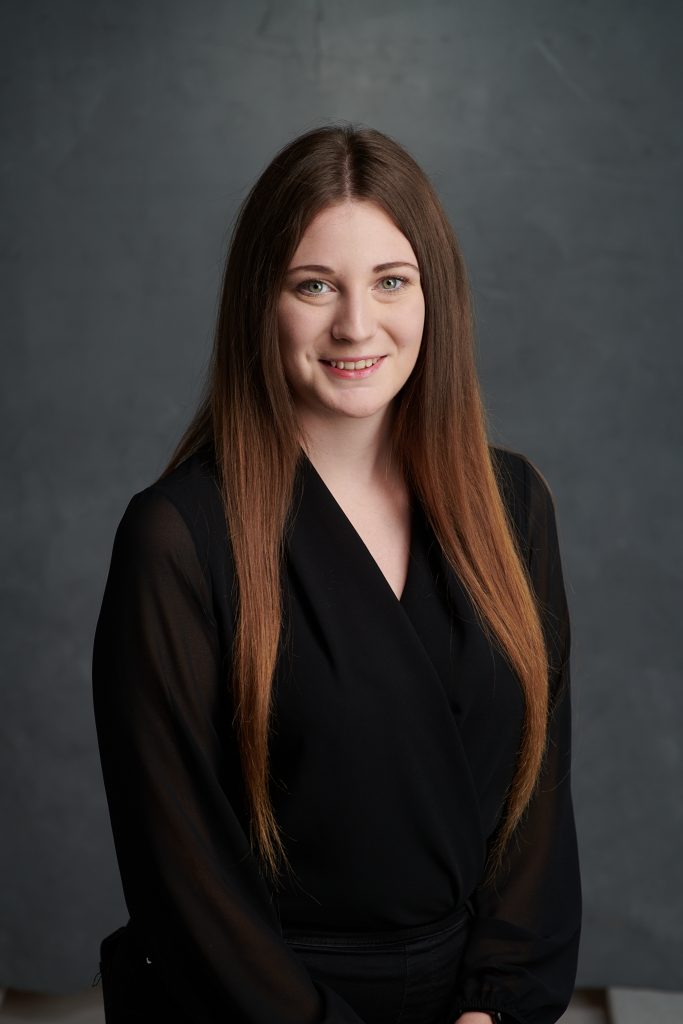As a Centre we want to help achieve high quality and impactful work across the University within a broad range of topics within the Criminal Justice System. The Centre Leadership Team play an active part in the Centre’s activities and progression and take the lead of certain initiatives by working closely with other members of the Centre’s Leadership Team and members of the Centre across the organisation and with external partners.
We aim to:
– Facilitate general initiatives for theme and Centre
– Contribute ideas and knowledge to the Centre’s strategy and direction
– Promote the Centre in all aspects of work
– Drive forward and lead a certain activities and/or projects associated with a theme
Space
Professor Claire Gwinnett
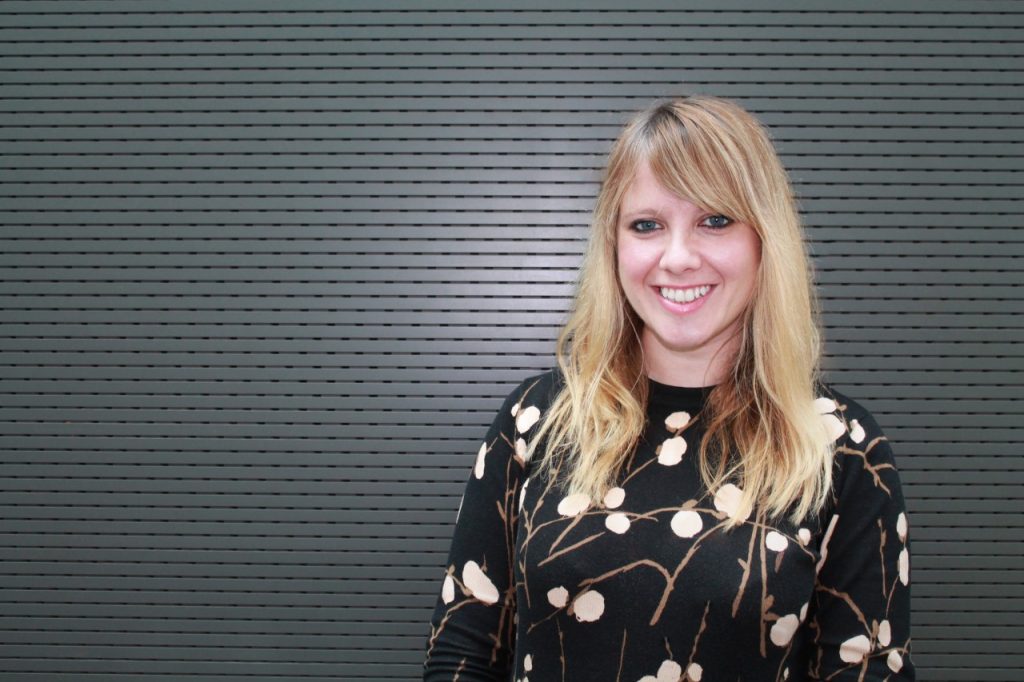
Director
Prof Claire Gwinnett is a Professor in Forensic and Environmental Science and is the CCJS Director. She has led and worked on national and international research projects focussing on trace evidence, forensic databases, quality standards in forensic science and microplastic pollution. She conducts casework in hairs and fibres, particularly specialising in wildlife crimes and provides consultancy in validation studies for ISO accreditation for UK police forces. Prof Gwinnett is also the lead for the International Forensic Fibres and Microplastics Research Group that collaborates with organisations in 22 countries.
Researchgate: https://www.researchgate.net/profile/Claire_Gwinnett
Orchid: https://orcid.org/0000-0002-6025-3910
LinkedIn: https://www.linkedin.com/in/claire-gwinnett-a1902a28/
Twitter: @StaffsMicro
Space
Jayne Jeffrey
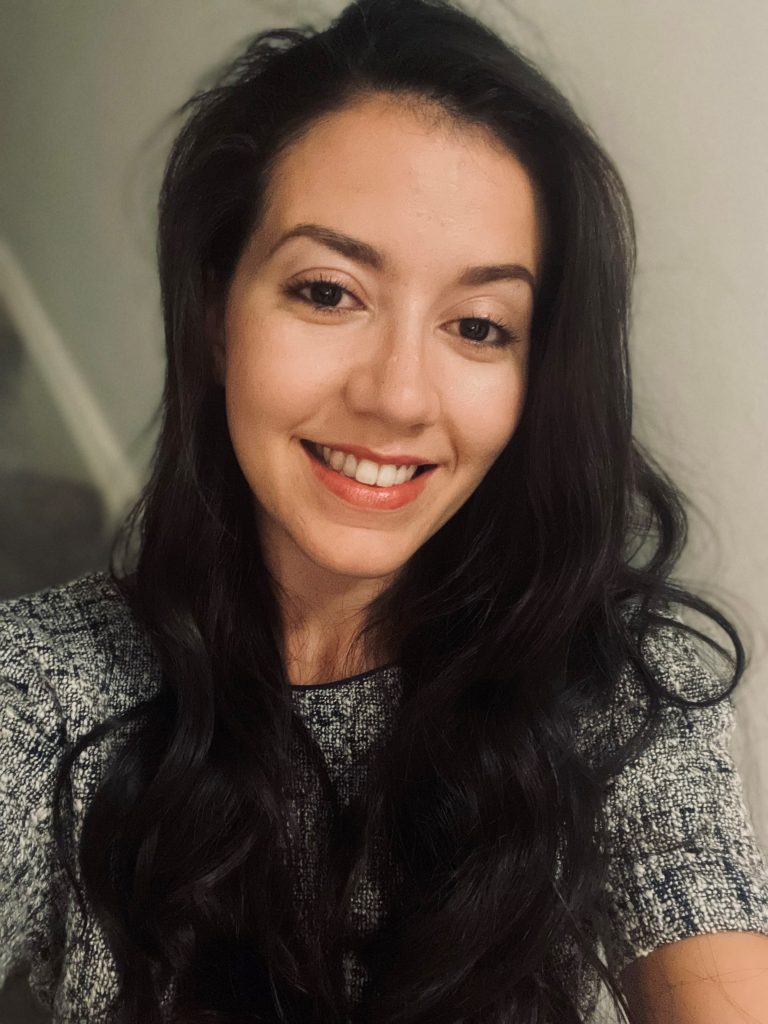
Digital Communications Lead
Within the Centre, my role involves managing the centres online presence, co-ordinating Centre events and ensuring that all expectations are met. Most activities within the Centre will run through me at some point; if I can be of assistance, please feel free to contact me.
Jayne joined the University after obtaining her Law degree from the University of Liverpool. As Innovation and Enterprise Officer, her role involves event planning, project management and all things research, innovation and enterprise. She has, in addition, embarked upon her Legal Practice Course.
SpacSpace
Associate Professor Simon Smith

Security Theme Lead
Simon is currently Associate Dean for Research and Innovation and Associate Professor of Security and International Relations in the School of Justice, Security and Sustainability at Staffordshire University. He is a visiting Professor at the College of Europe. His research focuses on the strategic, institutional and operational relationship between the EU and NATO; drivers of European defence and security transformation; and the implications for UK constitutional matters relating to defence and security. He is also Editor-in-Chief of the journal Defence Studies.
Simon regularly engage with media including the BBC, Real Clear Defence and the European Leadership Network. His research has resulted in invitations to address the Strategic Studies Institute at the US Army War College, the European Security and Defence College, The Royal College of Defence Studies and the Advanced Command Staff Course (ACSC) at The Defence Academy of the United Kingdom. Simon is the course leader for our BA and BSc Security and Intelligence Programme.
Space
Professor James Treadwell
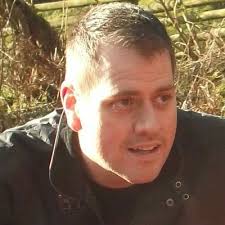
Theme Lead
James become a Professor in Criminology at Staffordshire University in 2017. Before he moved into academia, he had previously worked for NACRO and the National Probation Service. His expertise are in violent, professional and organised crime; prisons, prison violence and victimisation; drugs and crime; Ethnography; Crime and the Military. His research is largely based on ethnography and in depth interviewing and he has undertaken a long term ethnographic study of the English Defence League publishing material from that project (with Simon Winlow and Steve Hall) in the well-received book ‘Rise of the Right’. He has recently been researching prison and criminal drugs markets, examining the cultivation of cannabis in economically deprived areas (with Craig Ancrum, Teesside University) and Prison based drug supply as part of a larger project on bullying, violence and victimisation in prison (with Dr Kate Gooch, Leicester Law School, University of Leicester).
Space
Dr Lauren Metcalfe

Theme Lead
Lauren is a policing academic with a passion for Evidence Based Policing. Her previous research experience spans serious and organised crime, mental health, police demand and early action, amongst other topics. She has experience working with a number of police forces and their partner agencies in England and Wales conducting evaluations and continues to support police forces and wider investigative organisations with research projects. As the Course Director for Policing, Lauren is able to ensure that research is embedded in the taught programmes offered within policing; from research informed teaching to developing students research skills to assisting and providing opportunities for them to undertake their own evidence-based research.
Twitter: https://twitter.com/metcalfe_la?lang=en
Linkedin: https://uk.linkedin.com/in/lauren-metcalfe-886246117
Dr Leanne Savigar-Shaw

Theme Lead
Leanne is a Senior Lecturer in Policing at Staffordshire University. She has a background in psychology and criminology, now applying that to the Policing context. She has been involved in many research projects exploring the fairness and effectiveness of policing approaches in different contexts, including roads policing, response policing, and police custody. Specifically, her research has focused on understanding and supporting efforts to tackle mobile phone use by drivers, the contribution of Community Speed Watch, police use of Taser and police fairness and legitimacy at a broader level. Leanne has worked closely with many police forces to produce research findings and support evidence based policing approaches to improving road safety and enhancing police legitimacy.
Twitter: @LeanneSavigar
Space
Dr Sarah Fieldhouse
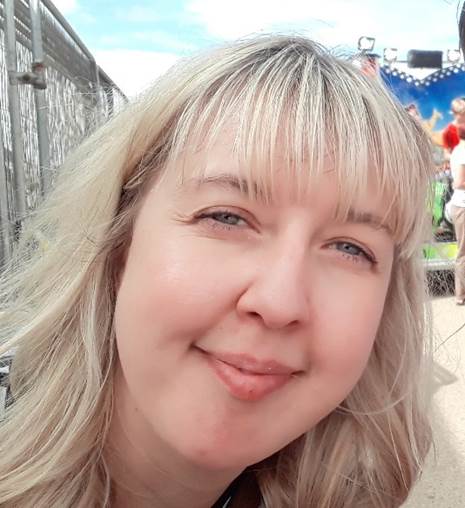
PGR Lead
This role involves co-ordinating the PhD student activities within the Centre. This includes managing the advertisement of Centre funded PhD projects and the application process, from enquiry through to Graduate School approval as well as the progression of the PhD students. This role identifies and helps create activities to support the PGR cohort in their research and personal development. This also involves working closely with the CLT, LPF Professoriate, and the Grant and Fund-raising Lead to identify funding opportunities for Doctoral Training Programmes and lead on any applications. The role ensures that the PhD researchers in the Centre have an excellent student experience.
Dr Sarah Fieldhouse is a Senior Lecturer, Postgraduate Research Lead for the School of Law, Policing and Forensics, and a Graduate School Committee member, overseeing governance of research degrees and helping to build a positive and supportive environment for researchers. Sarah is an Associate Editor of Science and Justice and an active researcher. Her current collaborative projects include the use of light emitting diodes for body fluid detection with CopperTree Forensics, and a research partnership with experts at Yorkshire and the Humber Regional Identification Bureau using creases and features of the back of the hand, fingers, and thumbs, for identification.
Twitter: @DrSarahJF
LinkedIn: www.linkedin.com/in/dr-sarah-fieldhouse-b13a91122
Dr John McGarry

Government and Parliamentary Lead
John is a Senior Lecturer in Law at Staffordshire University having previously taught at the Institute of Higher Education at Blackburn College, the University of Central Lancashire, Edge Hill University and the University of Bolton. His main areas of teaching and research interest are public law and jurisprudence, both of which include considering matters of justice such as the protection of human rights and holding the government to account, politically and legally.
John’s role in the Centre leads on identifying relevant government and parliamentary consultations to which Centre members can contribute their expertise. He supports members in positively influencing policy and practice and in doing so improves the external reputation of the Centre and individuals. He also provides guidance in how to contribute to consultations and to maximise their impact via other activities, such as publications.
ORCID: https://orcid.org/0000-0002-5590-7115
ResearchGate: https://www.researchgate.net/profile/John_Mcgarry7
Linkedin: https://www.linkedin.com/in/john-mcgarry-a7210a141/
Sarah Page
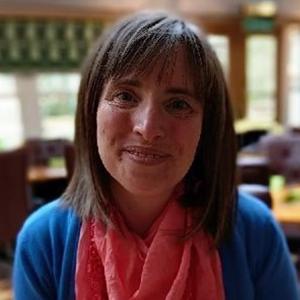
Mentoring Lead
This role leads the Centre in developing a mentoring scheme for members at all levels in their career and career pathways for the purposes of research, innovation and enterprise type activities. This role works closely with the School Leadership Team sand other members of the Centre Leadership Team (CLT) to create and maintain effective mentoring systems for both mentors and mentees. This role coordinates the appropriate matching of mentors to mentees and provides support to staff involved in this scheme. This role identifies best practice via the creation of a means of evaluating the success of the mentoring schemes and shares this knowledge across the University and externally.
Space
Space
Dr Kirsty Squires

Grant and Fundraising Lead
This role leads the coordination of the Centre’s grant application activity and leads the Centre’s grant bidding strategies. This role involves the identification of funding opportunities offered via traditional sources (e.g.UKRI, Charities, Horizon Europe) whilst also seeking less traditional forms of funding such as crowd funding. This role identifies and shares training opportunities for Centre members in all aspects of bidding for funds for research, development of professional networks, training programmes and enterprise activities. This role supports members in all stages of funding applications from searching for appropriate programmes to peer review of final bid drafts.
Kirsty is a qualified osteologist and archaeologist. Her research principally focuses upon the analysis and interpretation of burned human remains, the development of techniques used to analyse burned bone, the archaeology of childhood, and the ethical challenges associated with working with human remains. She is currently working on several research projects at the moment including:
- The impact of occupation and environment on health and development in 19th century Staffordshire through an examination of major and trace elements (BABAO funded research. Collaborator: Dr Simon Chenery (British Geological Survey, UK)
- The health, development and social identity of children afforded mummification in the Catacombe dei Cappuccini, Sicily (Collaborator: Dr Dario Piombino-Mascali, Vilnius University, Lithuania)
- Ethical issues in biological anthropology in Argentina (Collaborator: Dr Rocío García-Mancuso, CONICET, University of La Planta, Argentina)
ORCiD: http://orcid.org/0000-0002-0565-9491
Academia.edu: https://staffs.academia.edu/KirstySquires
Space
Martyn Hordern
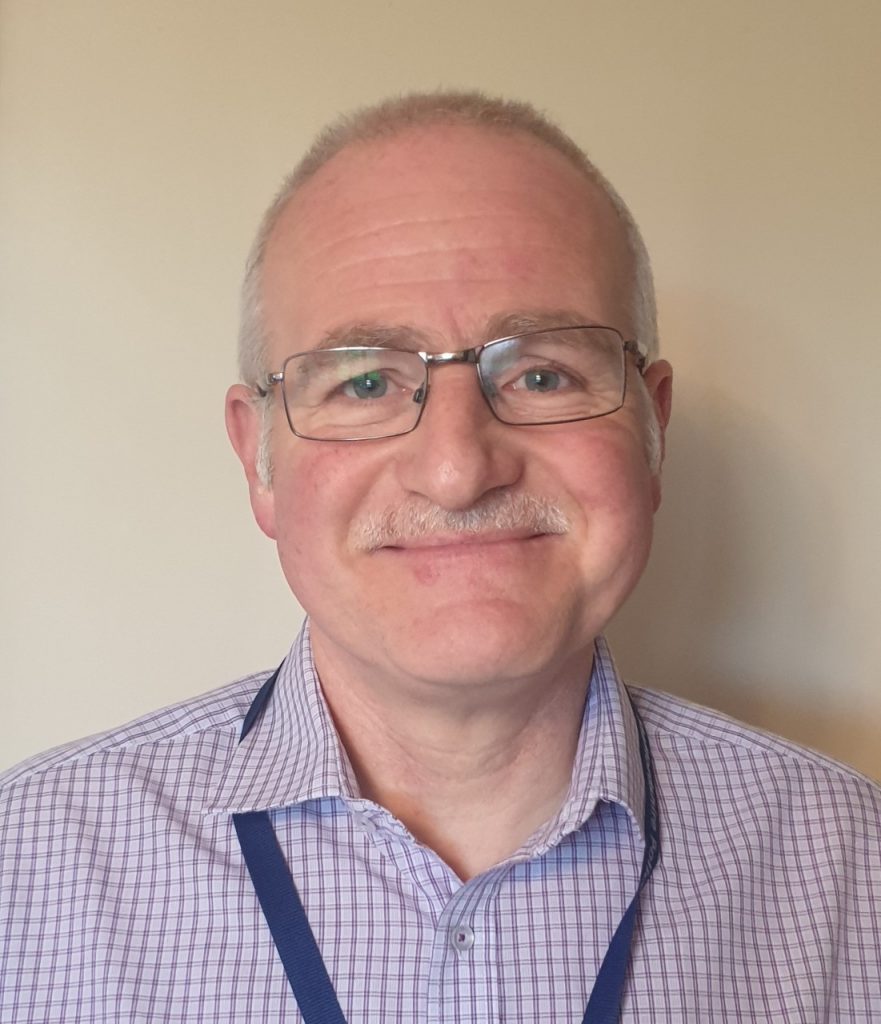
External and Media Liaison
This role represents the Centre externally. It involves working closely with the University’s Marketing team and the Centre Leadership Team (CLT). The role entails identifying opportunities to raise the centre’s profile and esteem in the various sectors.This includes the criminal justice system and amongst the public as well as linking into the existing work of the Staffordshire Forensic Partnership which is a formal collaboration between the University and Staffordshire Police. This role requires attendance at various external events (or identifying individuals to attend) and promoting our activities through various channels (including contributing to our social media activities). This role also leads on the organising and running of Centre-Led events, including annual conferences, showcase conferences and workshops.
Martyn is the coordinator for the Staffordshire Forensic Partnership which is a formal collaboration between the University’s School of Law, Policing and Forensics and Staffordshire Police’s Forensics Department. The role is jointly funded but he is a Police employee. Prior to taking on his current role, he was a Police Officer for 30 years predominately in uniform and spent the latter half working within Criminal Justice as a custody officer and in evidential file review and case progression both at pre and post charge. He was also involved in innovation and project management. Following his retirement, he spent 5 years in Safeguarding before securing his present role in 2019. His current role sees him linking in with police specialists and academics to improve real world forensic practise, networking and assisting students to secure placements with the police who in turn benefit from degree level research at a time when resources make this very difficult to achieve themselves. He is delighted to be involved in the Centre as the External and Media Liaison.
Space
Space
Dr Mark Bushell

Research Dissemination Lead
Having joined the CCJS extended leadership team as research dissemination lead in November 2022, I am currently in the process of designing a newsletter to share the diverse range of research and other projects that are taking place across the Centre. The quarterly newsletter is designed to enhance interest and awareness of the work we do, as well as highlighting our collaborations, partnerships and international research networking activities. Research dissemination is an important feature in helping to shape the Centre’s ongoing relationships with academics, social and criminal justice stakeholders and the local community.
My research background focuses on social harm, cultures of nocturnal work, and consumer activity in the night-time economy (NTE). In 2021, I completed my PhD which probed the experiences of migrant workers in North East England’s nocturnal service industry. The project used ethnographic techniques to explore the impact of violence, racism, sleep deprivation, competition and the many other pressures faced by night-time workers during the course of their shifts. I currently teach criminology at both undergraduate and postgraduate levels and supervise three doctoral research students.
Aimee Simmill
PGR Rep
As a PGR Rep, I work alongside staff and researchers in the CCJS centre to gather feedback, ideas and suggestions. We are always happy to hear thoughts on any topic, particularly events which researchers would like to see as part of the centre. If there are any improvements, concerns or worries, I am happy to gather these and pass them on to the relevant people to try and help with any situation. We are hoping that with feedback, the CCJS centre can continue to improve and encourage all researchers to get involved.
Aimee is currently a PhD researcher focusing on ‘developing and evaluating techniques for the identification of body fluids at crime scenes’ using alternative light sources, FTIR and Raman spectroscopy.
